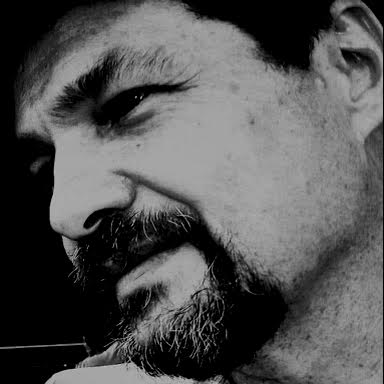What is PAR?
Participatory Action Research (PAR) is a framework for engaging in research and organizing for social justice that is rooted in a community’s own knowledge, wisdom, and experience. PAR recognizes that those most impacted by systemic injustice are in the best position to understand and analyze their needs and challenges and to organize for social change.
In a PAR-generated process:
The outcomes can take many shapes and forms depending on what the group determines together, but it is the group’s own agenda and not someone else’s.
We engage in collective research and organizing to build community and make change.
The work is about generating and building knowledge together in order to define the change we seek to make. This begins with telling our own stories, which centers our own experiences.
Community members are recognized as experts, and all participants are considered both teachers and learners. Too often, outside “experts” come in to identify and address a community’s problems, and PAR challenges this notion of who has the expertise.
We work intentionally and always think carefully about whose voices are being heard, who is making decisions, and how we are moving forward. We consider our roles, position, and privilege in relation to changing conditions of injustice.
Like popular education, it is a broad framework that is participatory, collective, critical, and reflective, building from the work of Orlando Fals-Borda, Paulo Freire, and many others. It is not a neutral process and actively builds community strength and leadership to change unjust conditions.
____________________
AN EXAMPLE OF PAR IN PRACTICE
Participatory Action Research in Action:
An Interview with Marcos Guevara Berger
https://www.flipsnack.com/institutomeridional/parceo_interview_marcos_guevara_eng.html

Marcos Guevara Berger
Marcos Guevara Berger* (October 5,1958 – January 8, 2021), revered anthropologist, educator and researcher, was a dear friend, mentor, and great inspiration to PARCEO and to many of our team members who had the opportunity to not only take in his words but to experience his PAR-based work in action. Marcos worked together for years and years with Indigenous communities in Costa Rica, and his life’s work and way of being in the world fully embodied his principles and commitments to justice and to all peoples being treated with the respect and dignity they deserve. He will be sorely missed, but we know that his beautiful spirit and the impact of his wisdom will be with us forever.
The PARCEO interview with Marcos in the link above was conducted by Krysta Williams on February 26, 2016 in Spanish at Marcos’ home in Costa Rica. The interview was translated into English by Chloe Villalobos and edited for style and clarity by Donna Nevel and Chloe Villalobos.
A report to the MacArthur Foundation, “A Legal and Anthropological Inquiry into the Rights of Indigenous Peoples in Costa Rica, describing a PAR-based project undertaken by Professor Marcos Guevara and civil rights lawyer, Alan Levine, in two indigenous communities, provides the context and background for the interview.
*Marcos Guevara Berger University of Costa Rica (UCR), San José, Costa Rica, Doctor in Ethnology from the University of Paris X, Nanterre, France; Academic at the School of Anthropology, University of Costa Rica (UCR), San José, Costa Rica.
